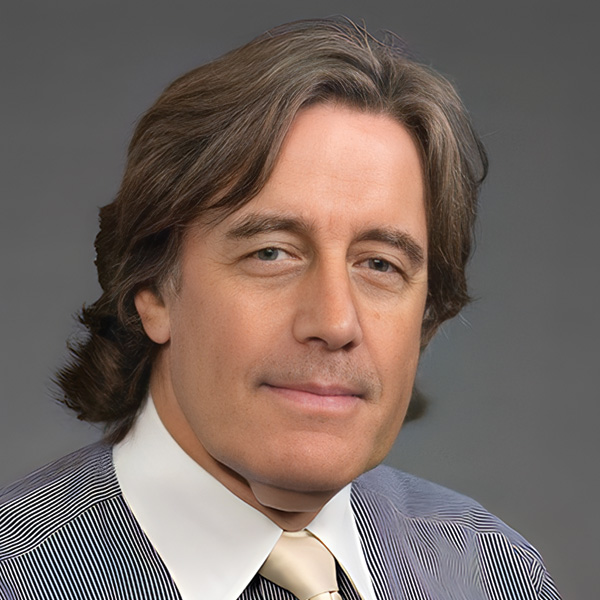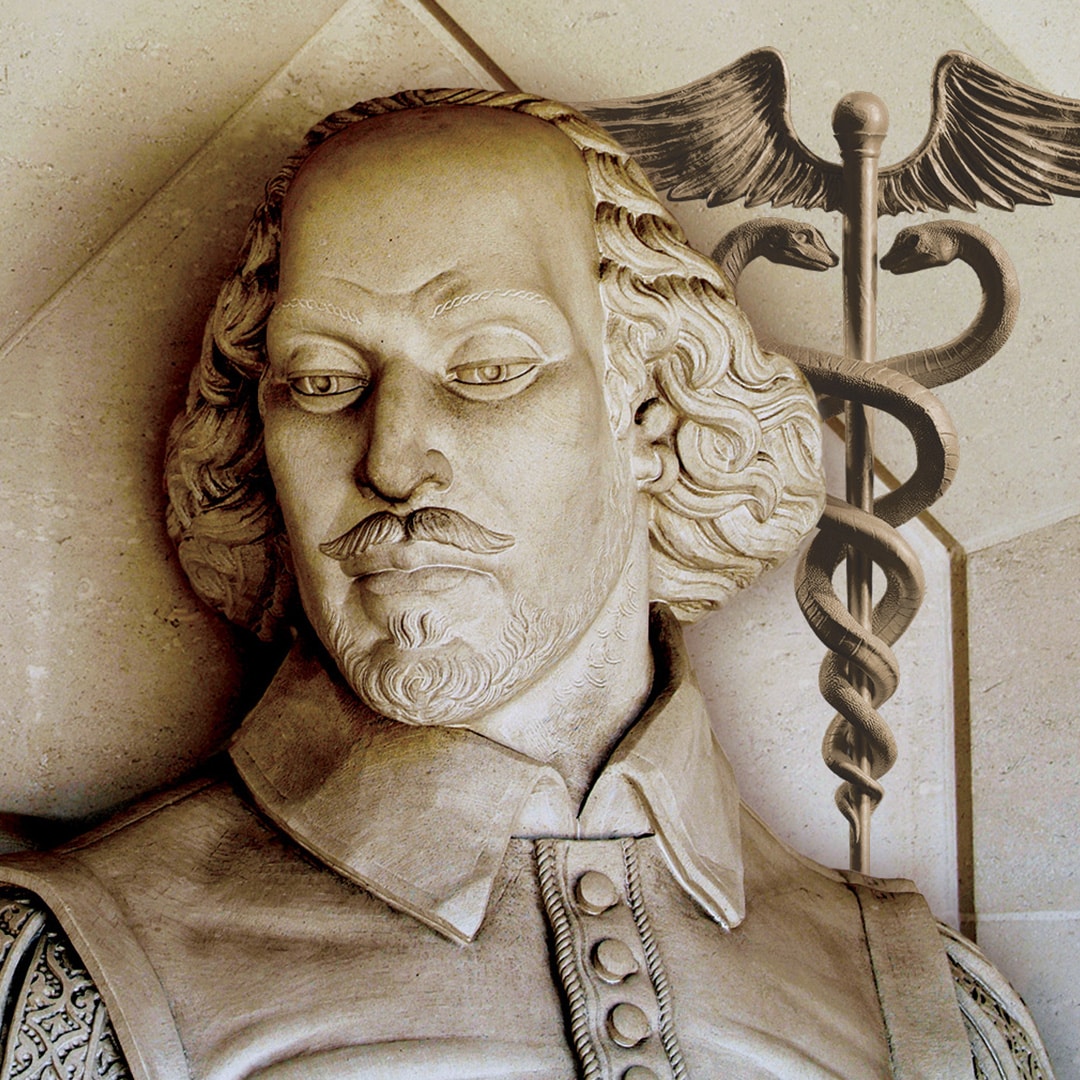As the history of medicine is writ,
The pen will linger over the theatre
Of life, or death, and to the benefit
With lasting fame or numbing disaster
Only the brave take the risk and the fear
Transfer from the dead a beating red heart
To the chest of a man in Groot Schuur
Part of history or history of a part
Would the handsome man win for Africa
The historic Atlantic transplant race
Defeating the favorites from America
Millions of dollars just left a red face
Welcome to Barnard’s powerful new world
A lonely success for Apartheid unfurled
Backstory
There are very many elements to this episode in history; and I do mean history and not just medical history. In the 1960’s the country of South Africa powerfully embodied and formalized racism, the white Afrikaans dominating poorer black and colored communities. Apartheid, as this policy was known, caused the country to be shunned by much of the world, and this continued into the 1990s. In Cape Town a young cardiac surgeon was staking his claim as a pioneer and he had his eye on that elusive first, the transplantation of a heart from a ‘dead’ donor to a living, critically ill patient. Barnard went to the USA, where some very famous surgeons were working on the same target, and learnt their techniques. They were very close to carrying out this procedure, and virtually all surgical challenges had been solved. There was one major issue, the ethical positions had not been fully worked out in America. There were rules in South Africa, but were more favorable to the transplanting surgeon, and in December 1967, Barnard was able, in the now famous Groot Schuur Hospital, to beat his US ‘colleagues’ with the transplantation of the heart of the young Denise Darvall into the elderly Louis Washkansky.
There was generous acknowledgement by many of the American surgeons, but also claims that Barnard had stolen their idea and rushed, heedlessly and unethically, to beat them. The reality is that Barnard had followed the local rules meticulously and results showed that his success in his procedures in subsequent years were better than anyone else in the world. His success was due to his own conviction and his courage. His arrogance and hubris, not to mention his divorces and affairs, eventually let him down, but it was early, chronic rheumatoid arthritis that stopped his career. He died in 2001, aged 78, a lonely miserable man.


